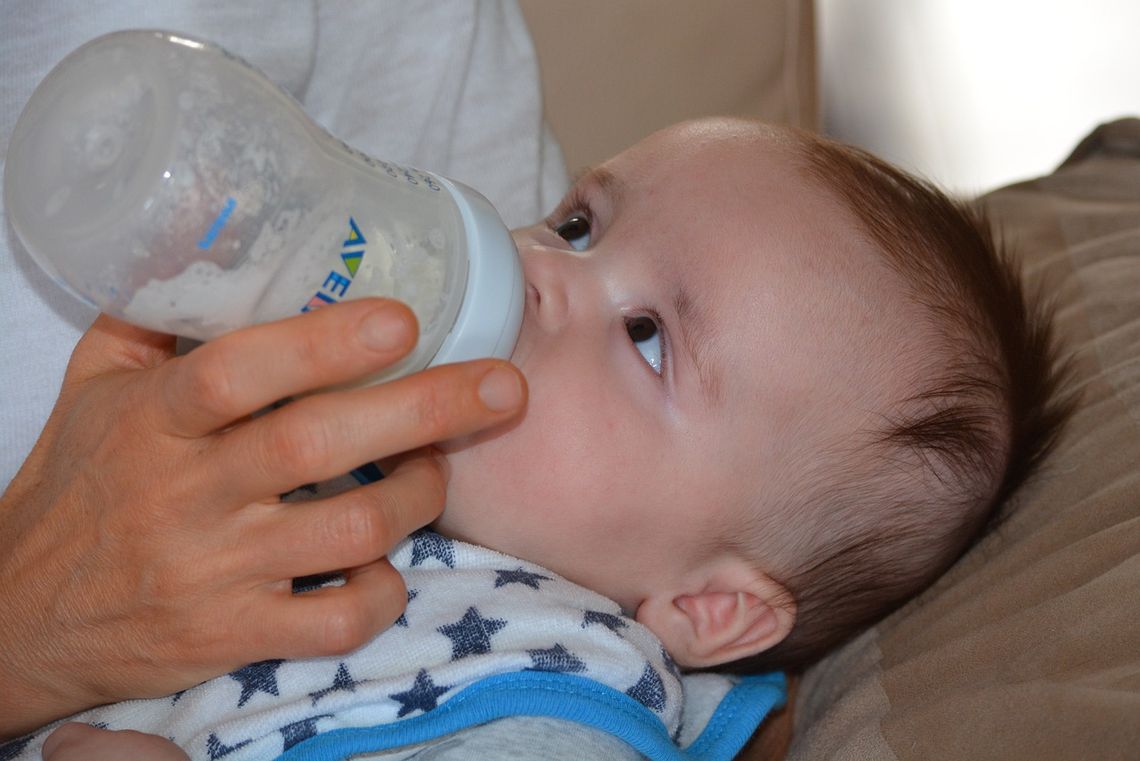Traveling with breast milk can indeed present challenges for new mothers, but with the right preparation and understanding, it can become a manageable task. It's important to note that breast milk is classified as a medically necessary liquid, exempting it from the TSA's 3-1-1 rule regarding carry-on liquids. Despite this exemption, there are specific guidelines and protocols in place to ensure the safe transportation of breast milk, safeguarding its quality and integrity throughout the journey. By familiarizing oneself with these regulations and taking necessary precautions, mothers can navigate the process of traveling with breast milk with confidence and ease.
According to the TSA regulations, formula, breast milk, toddler drinks, and baby/toddler food (including puree pouches) in quantities exceeding 3.4 ounces or 100 milliliters are permitted in carry-on luggage and are not required to fit within a quart-sized bag. It's worth noting that your child or infant does not have to be physically present or traveling with you for you to carry breast milk, formula, and related supplies with you. This flexibility ensures that parents can travel with ease and convenience, knowing they have the necessary provisions for their little ones.
Inform the TSA officer at the start of the screening process that you are carrying breast milk exceeding 3.4 ounces. Politely request to remove these items from your carry-on bag to undergo a separate screening. TSA officers may need to conduct additional screening procedures on the liquids to ensure safety by testing for explosives or concealed prohibited items. Your cooperation will help facilitate a smooth and efficient screening process.
Although not required, to expedite the screening process at airports, it is highly recommended that breast milk be transported in clear, translucent bottles. Avoid using plastic bags or pouches for liquids, as they might not pass through Bottle Liquid Scanners smoothly. In cases where a liquid is in a bag or pouch, additional screening methods like Explosive Trace Detection and Vapor Analysis may be needed to ensure security. Rest assured that screening procedures will never involve tampering with medically necessary liquids.
Alternative Options for Traveling with Breast Milk
We came across an intriguing recent story about a military family residing in Hawaii. This family, who had a baby, found themselves in possession of over 1,000 ounces of breast milk stored in their freezer. The twist? They had to relocate to Maryland. How did they handle this unique situation?
While casually scrolling through her Instagram feed, mom Priyadarshini Manning stumbled upon Milkify, a specialized service dedicated to freeze-drying breast milk. Intrigued by the concept, she decided to sign up. Shortly after, the company promptly dispatched a high-quality pharma-grade cooler tailored for the safe transportation of frozen items.
She carefully packed up her frozen breast milk in insulated bags, ensuring each precious drop was secure for the journey from Hawaii to Milkify’s specialized facility in Houston. Upon arrival, every bag underwent meticulous labeling, weighing, and logging before being transferred to a pouch for the freeze-drying process. Once transformed, the dried milk was carefully sent back to the Manning family.
Milkify solves two big problems for breastfeeding moms: storage and longevity, molecular biologist and company co-founder Berkley Luck said.
“A lot of moms come to us because they have a looming expiration date. They have this milk in the freezer,” she said. “They'd like to be able to still use the milk that they were working so hard to save.”
Freeze-dried breast milk can last as long as three years, whereas frozen breast milk has a shelf-life of between six months and one year. It’s also about 90% lighter and doesn’t need to be refrigerated, Luck said.
Once Milkify receives a shipment of frozen breast milk, they gradually remove its water over about 48 hours, leaving behind solids, Luck explained.
Freeze-drying does not break down any of the nutrients in breast milk, Luck said. The process has been used since the 1950s for milk banks but Milkify is the first to offer it to customers, she said.
In conclusion, mothers in Mississippi have various options available when it comes to traveling with breast milk, which can significantly alleviate the stress and enhance convenience. By planning ahead and exploring different methods such as utilizing specialized services like Milkify, mothers can take proactive steps to guarantee the safe arrival of their breast milk at their intended destinations.


Comment
Comments